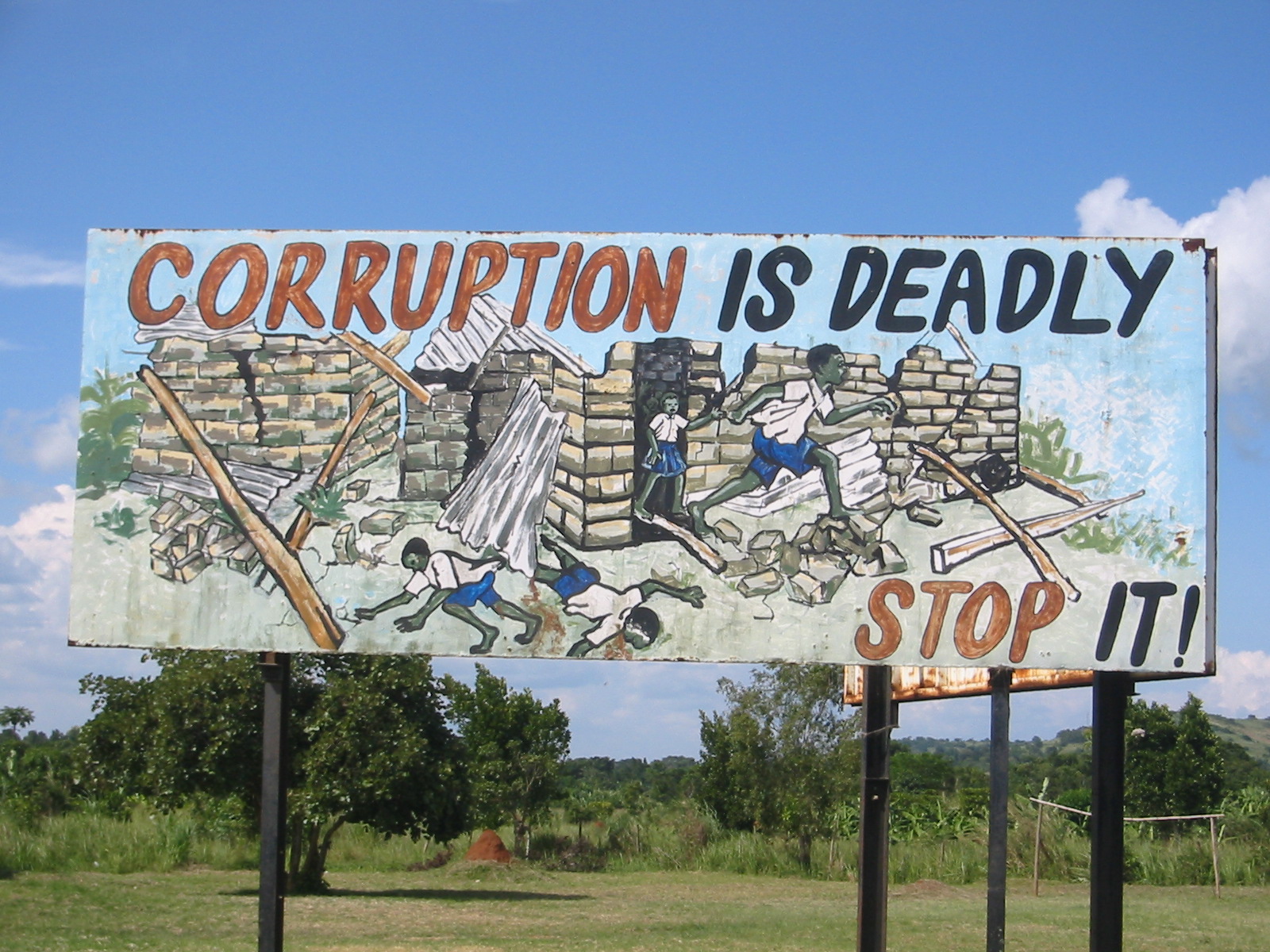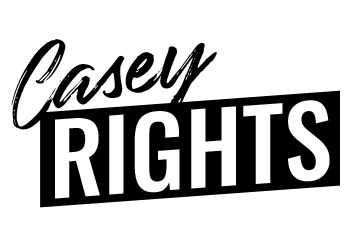Connecting the Two Worlds of Anticorruption and Human Rights Activism

Today’s guest post is from Casey Kelso, a human rights and integrity consultant currently serving as Senior Advocacy Officer for Worldwide Initiatives for Grantmaker Support (WINGS), and Servaas Feieretag, an independent consultant on integrity and anticorruption who currently serves as the lead expert on the MATRA for enhancing the efficiency, accountability and transparency of the Judicial Council of North Macedonia.
The link between human rights and anticorruption has been much discussed over the past decade (see, for example, here and here), yet anticorruption activists often do not recognize themselves as human rights defenders, while human rights activists often fail to understand corruption as a human rights issue. In order to highlight the interconnections between the international anticorruption movement and the international human rights movement, the UN’s Special Rapporteur on Human Rights Defenders, Mary Lawlor, has decided that her next report to the Human Rights Council in March 2022 will focus on threats to human rights defenders working directly on anticorruption issues. As she put it to us in a recent interview, “This issue of corruption comes up again and again in my conversations with human rights defenders, whether anticorruption work is the main focus of what they do or not.”
Corruption can cause or facilitate human rights violations in a host of ways. To illustrate with just a few examples:
- When an individual must bribe a health professional to get medical treatment, or parents must bribe a teacher to get a place for their child, then corruption directly interferes with the right of access to health and education. More generally, allocating valuable benefits based on bribe payments is a violation of the general principle of equality and non-discrimination, a fundamental element of international human rights law.
- If law enforcement and the judiciary are compromised by corruption, then individuals and groups are denied justice and potentially harm a wide range of human rights, including the right to a fair trial by an impartial court and other fundamental freedoms mentioned in the International Covenant on Civil and Political Rights, impartiality and access to justice.
- Corruption in the justice system can contribute to a culture of impunity—in which powerful wrongdoers are not held criminally accountable—which in turn contributes to human rights violations. A well-functioning criminal justice system is critical to protect the population against crimes and to prosecute perpetrators. If this vital safeguard is undermined by corruption, then the system becomes vulnerable violations of human rights.
- Corruption may also be an indirect cause of human rights violations when corrupt authorities try to prevent the exposure of corruption, such as silencing investigative journalists by threats, imprisonment, or political killings, thus depriving them and violating their rights to liberty, freedom of expression, life, and freedom from torture or cruel, inhuman or degrading treatment. Some well-publicized incidents of the violent suppression of those reporting corrupt acts publicly include the assassination of Slovak investigative journalist Jan Kuciak and the legal harassment and subsequent fatal car bombing of the Maltese human rights defender and anticorruption activist Daphne Caruana Galizia. Mary Lawlor emphasized this theme in her March 2021 report to the UN Human Rights Council, which identified impunity as a key driver of the murders of human rights defenders. She expanded on this theme in our recent interview, explaining that “corruption in the criminal justice system … is one of the drivers of the lack of accountability” for the killings of human rights defenders.
In her upcoming report to the UN Human Rights Council, Ms. Lawlor is likely to emphasize the need for cooperation between the human rights and anticorruption communities. Such collaboration can improve the integration of efforts between the two movements, allowing them to learn from each other’s best practices.
Additionally, international NGOs, networks, and funders should not treat anticorruption programs and human rights programs as separate, but should instead reach out to anticorruption activists and human rights NGOs to join forces in specific, concrete projects. For instance, donors could foster collaboration through programmatic planning and funding that takes a sector approach to effectively deal with corruption and related human rights problems.
Another way to strengthen the links between human rights and anticorruption would be for anticorruption activists to adopt a more explicitly human rights-based approach. Such a perspective can help align anticorruption efforts with states’ obligations to ensure the availability, accessibility, acceptability, and quality of resources allocated to secure human rights.
Another, more immediate opportunity to strengthen the connection between human rights and anticorruption will occur at this week’s Democracy Summit, hosted by President Biden. Encouragingly, the Biden Administration seems to see addressing corruption and human rights violations as a joint package in the work to reinvigorate democracy. The Democracy Summit, which will be held virtually, will bring together leaders from government, civil society, and the private sector from over a hundred countries. The Summit will give human rights defenders of all types a rare opportunity. With political backing from the US President and champion governments, those defending independent journalism, building anticorruption policies, and protecting human rights defenders can have a joint voice urging the Summit to give them the new means to act collectively to hold governments to their pledges. (Pledges made at the Summit are to be monitored over the ensuing “year of action”, with an eye to countries coming to a second summit in December 2022 with progress updates.)
Ms. Lawlor agrees with the idea of bringing together governments to recommit themselves to new actions and standards to uphold human rights and tackle corruption. But she also sees that there are a lot of international human rights instruments that need to be honored. “It is hard to argue against setting new standards but existing commitments should be respected,” she says. “If the old ones were met, then you wouldn’t need new ones. Governments shouldn’t need to be told they should not be targeting anticorruption activists. Governments don’t need reminding that they should not be violating human rights.”
Feature photo: Ugandan anti-corruption sign, ‘Corruption greatly undermines government effectiveness,’ licensed under CC By 2.0.

